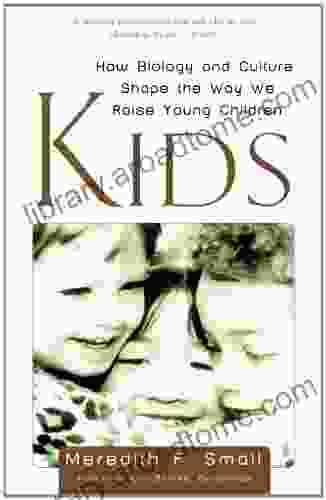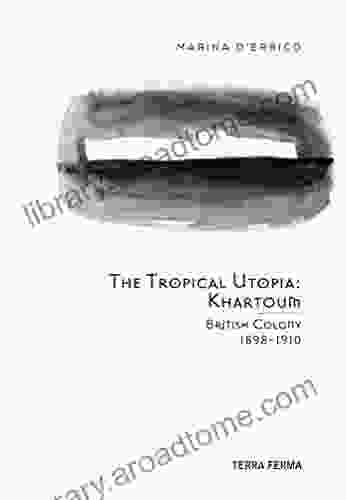How Biology and Culture Shape the Way We Raise Young Children

The process of raising young children is a multifaceted endeavor, influenced by a myriad of factors ranging from our biological imperatives to the cultural norms of our surroundings. This article delves into the fascinating intersection of biology and culture, exploring how they interplay to shape the diverse ways we raise our young.
The Biological Imperative
Biology plays a fundamental role in the care and nurturing of human offspring. Our genetic heritage has endowed us with certain instincts and physiological adaptations that promote child survival and well-being. For example:
- Parental attachment: Biological mechanisms such as oxytocin release during childbirth and breastfeeding foster strong emotional bonds between parents and their children, ensuring their safety and emotional development.
- Lactation: The ability of women to produce milk for their infants is a vital biological adaptation that provides essential nutrients and immunological protection.
- Sleep patterns: The circadian rhythms of infants and their caregivers are synchronized, enabling parents to respond to their children's needs and promoting optimal growth and development.
Cultural Variations
While biology sets certain parameters for child-rearing, culture has a profound impact on how we interpret and respond to these biological imperatives. Cultural norms and traditions shape our expectations of children, the roles of parents, and the appropriate methods of discipline and education.
For instance, in some cultures, extended family members play a significant role in child-rearing, while in others, parents are solely responsible. The age at which children are expected to become independent or the level of autonomy granted to them can also vary significantly across cultures.
Evolutionary Perspectives
Evolutionary theory provides a framework for understanding the biological and cultural factors that have shaped child-rearing practices. Researchers have proposed that certain behaviors and cultural norms evolved to promote the survival and reproductive success of our ancestors.
For example, the practice of prolonged breastfeeding may have evolved as a strategy to reduce the risk of infection and increase infant survival rates in environments where food resources were limited. Similarly, the development of cultural norms that encourage parental investment in children's education and well-being may have evolved as a way to increase the chances of子女的progeny.
Cross-Cultural Studies
Cross-cultural studies have provided valuable insights into the diversity of child-rearing practices and their impact on child development. These studies have revealed that:
- Attachment patterns: The type of attachment relationship between parents and children can vary across cultures, influenced by factors such as the level of parental warmth and the cultural emphasis on independence.
- Cognitive development: Cultural differences in child-rearing practices can have a significant impact on children's cognitive development, such as their problem-solving abilities and language skills.
- Emotional regulation: The ways in which children are taught to regulate their emotions can vary across cultures, influencing their ability to cope with stress and form healthy relationships.
Implications for Parenting
Understanding the interplay between biology and culture in child-rearing has important implications for parenting practices. By acknowledging the biological and cultural factors that shape our choices, we can make more informed decisions about how to care for and nurture our children.
For instance, recognizing the importance of parental attachment can encourage parents to prioritize bonding and emotional connection with their infants. Understanding cultural variations in child-rearing practices can help parents navigate the challenges of raising children in a globalized world.
The way we raise young children is a complex and dynamic process influenced by both biology and culture. Our genetic heritage provides us with certain instincts and physiological adaptations that promote child survival and well-being. However, cultural norms and traditions shape our expectations of children, the roles of parents, and the appropriate methods of discipline and education.
By understanding the intricate interplay between biology and culture, we can appreciate the diverse ways in which humans nurture their young and gain valuable insights into the factors that contribute to child development and well-being.
Do you want to contribute by writing guest posts on this blog?
Please contact us and send us a resume of previous articles that you have written.
Light bulbAdvertise smarter! Our strategic ad space ensures maximum exposure. Reserve your spot today!

 Victor HugoChinese Calligraphy Arts: Running Hand Vol 237 - Your Gateway to Calligraphic...
Victor HugoChinese Calligraphy Arts: Running Hand Vol 237 - Your Gateway to Calligraphic... Robbie CarterFollow ·14.7k
Robbie CarterFollow ·14.7k Shaun NelsonFollow ·6.5k
Shaun NelsonFollow ·6.5k Fernando BellFollow ·14.5k
Fernando BellFollow ·14.5k Walter SimmonsFollow ·9.6k
Walter SimmonsFollow ·9.6k Kevin TurnerFollow ·16.8k
Kevin TurnerFollow ·16.8k Tim ReedFollow ·11.2k
Tim ReedFollow ·11.2k Thomas PynchonFollow ·13.6k
Thomas PynchonFollow ·13.6k Alex ReedFollow ·12.8k
Alex ReedFollow ·12.8k
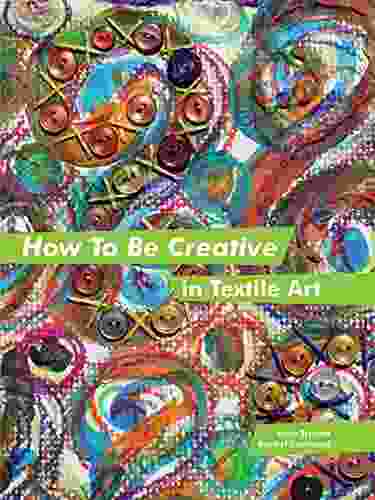
 Lord Byron
Lord ByronHow to Be Creative in Textile Art: A Comprehensive Guide...
Textile art is a...

 Kenneth Parker
Kenneth ParkerMaster the Art of Grilling with "The BBQ Sauces Cookbook"
Are you tired of the same old...
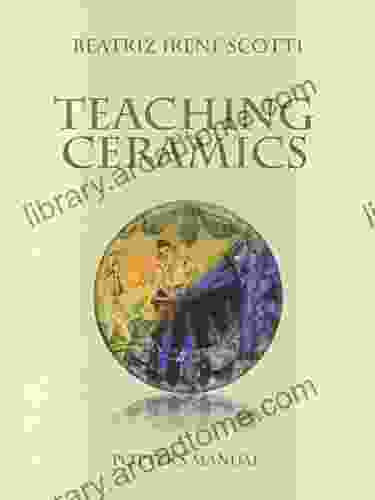
 Jerome Blair
Jerome BlairTeaching Ceramics Potter Manual: Unlock Your Inner Artist...
Imagine the satisfaction of crafting exquisite...
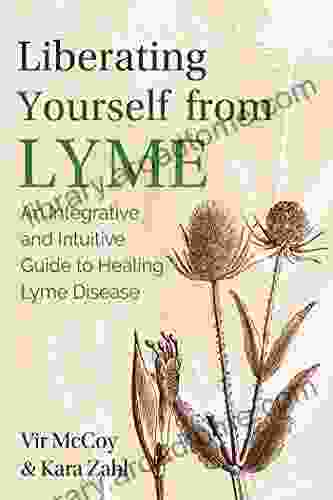
 Paulo Coelho
Paulo CoelhoLiberating Yourself From Lyme: A Comprehensive Guide to...
What is Lyme...
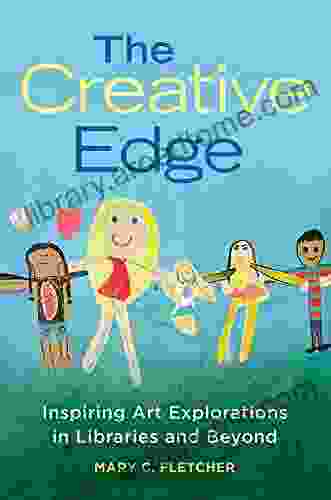
 Banana Yoshimoto
Banana YoshimotoInspiring Art Explorations: Unleashing Creativity in...
Prepare to be inspired...


